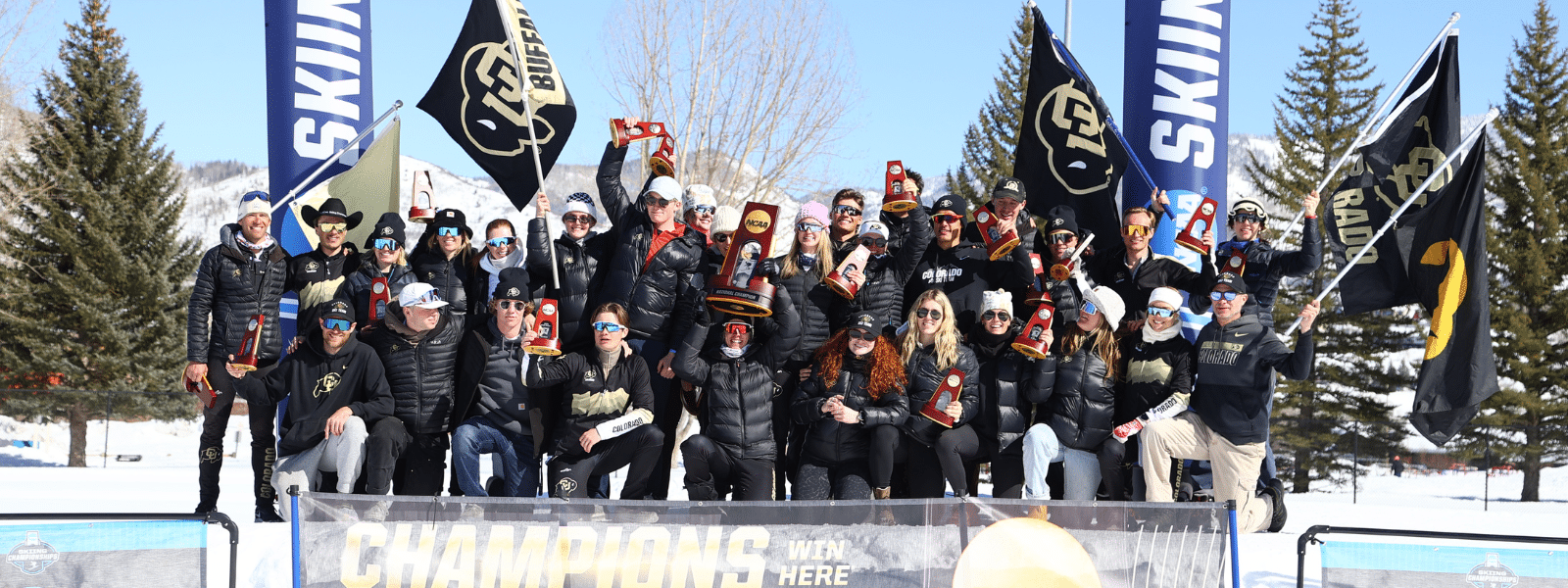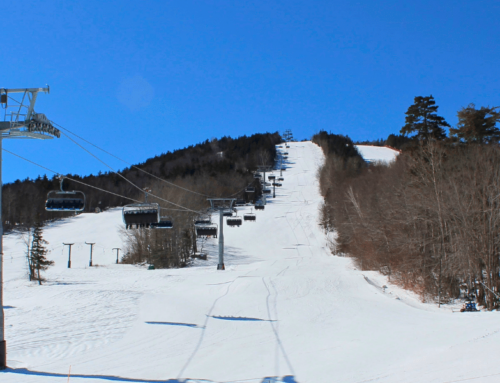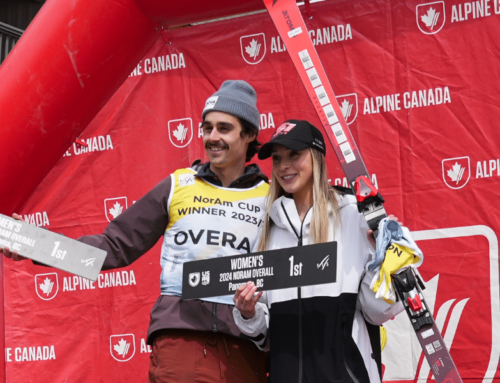Health of Sport task force assembled to reduce ski racing cost
In response to concerns over the rising cost of alpine ski racing and the perceived need for extensive travel, the Alpine Sport Committee in 2019 established the Health of Sport task force, which has been charged with making recommendations to the U.S. Ski & Snowboard Congress in May of this year. The task force taps some of the most experienced names from around the racing industry with the ultimate goal of reducing cost and improving the national development system.
Findings and recommendations from the yearlong effort were expected to be presented in-person at Congress 2020. That event, which typically takes place every year in Park City, has been modified due to the COVID-19 pandemic and will now be held virtually.
The Health of Sport task force, which is chaired by former alpine director for Ski & Snowboard Club Vail Karen Ghent, has been moving forward with designs on addressing four critical areas of alpine ski racing with the ultimate goal of cutting cost. Ghent is also chair of the development subcommittee of the Alpine Sport Committee.
It all began nearly a year ago when a late proposal to limit FIS starts was brought to the table at Congress in 2019.
“The premise was, it’s getting too expensive. People are traveling all over the globe unnecessarily,” said Ghent. “So by restricting the number of starts, we’ll essentially force people to make decisions, and they will stay closer to home, and therefore, spend less money.”
The sport committee had limited time to discuss and review the proposal, and they didn’t want to make an impulsive decision at the tail end of Congress. They also realized — although an important component of the problem — FIS starts are just the tip of the iceberg.
“Start restrictions are a band-aid to a bigger problem that we have in the United States,” said Ghent. “Starts may have an impact on how much people spend, but we’re looking at a much bigger problem in our country that we need to get to the root of and solve.”
The sport committee, as a result, decided to table the matter until 2020 and form the Health of Sport task force, which would analyze four different areas of study and make appropriate recommendations, including:
FIS starts: Led by Todd Brickson (Rowmark) and Lindsay Mann (Sun Valley), the FIS-starts subcommittee will examine the effects of unlimited starts at various age groups throughout the pipeline. Their recommendation for start limitations (including southern hemisphere) would be 30 starts for first year, 35 starts for second year, and 40 starts for third year. There would be no restriction in the fourth year.
“What is being suggested doesn’t align with the current Alpine Training System,” said Ghent. “It’s less racing. It supports sound athlete-development strategies and encourages coaches and athletes to create meaningful athlete-management plans, and it supports the intention to reduce cost for athletes.”
It is estimated that each FIS start costs athletes and their families $250.
Travel & missed school: Led by Joe Paul (Team Gilboa) and Rogan Connell (Gould), the travel subcommittee found that the cost of racing doubles and sometimes triples as athletes leave the region. Extensive travel also causes student-athletes to miss school, presenting additional complications and barriers for participation. The travel subcommittee is expected to recommend stricter rules for keeping athletes within their division and an increased concentration of races over the weekend, rather than during the school week. Currently only 50% of FIS races take place on the weekends.
Systems, best practices, retention & standards for advancement: Led by Aldo Radamus (Team Summit) and Bill Gunesch (Western regional director), the group is expected to look at calendar planning, periodization, peaking, performance, and retention.
The group will consider standards for advancement with the goal of reducing the incentive for point-chasing (less emphasis on FIS points). They’re expected to recommend a return to a tier system of races based on ability classification, a return of the FIS racing age from 16 to 15 (which would have to be approved by FIS), and elevated standards for racing out of division.
Entry/exit from the sport: Led by Darlene Nolting (Rocky/Central regional director) and Andrew Weibrecht (former athlete), this group will determine patterns and causes for athletes leaving the sport, what can be done to retain those athletes and how to get more athletes involved at younger ages.
Additional members of the task force include Seth McCadam, Brad Saxe, Tory Amorello, Willie Booker, Chip Knight, and Darryl Landstrom.
“What we’re hoping to do is come to Congress in the spring (virtually now) with proposals that address some of these issues,” said Ghent. “The challenge always is, we’re a huge country with different regions and different issues, so attempting to standardize policies that are going to be equitable for the entire country is a challenge. … We are trying to create systems that are going to incentivize kids to ski faster and coaches to coach better and programs to program better. That’s the ultimate goal.”
In the coming weeks, Ski Racing Media intends to dive into each of these categories more specifically as we approach the virtual Congress.
Have some thoughts on this? Send a letter to the editor. We’ll publish it.





















